She is a physiotherapist and knows how important perseverance and belief in success are. She channels this experience into her passion – swimming. In the last winter swimming season, she broke a world record by covering 3,540 m in water below 5°C. Meet Izabela Babica and her very own Everest!
Swimming – Iza Babica’s healthy move!
2025-10-12
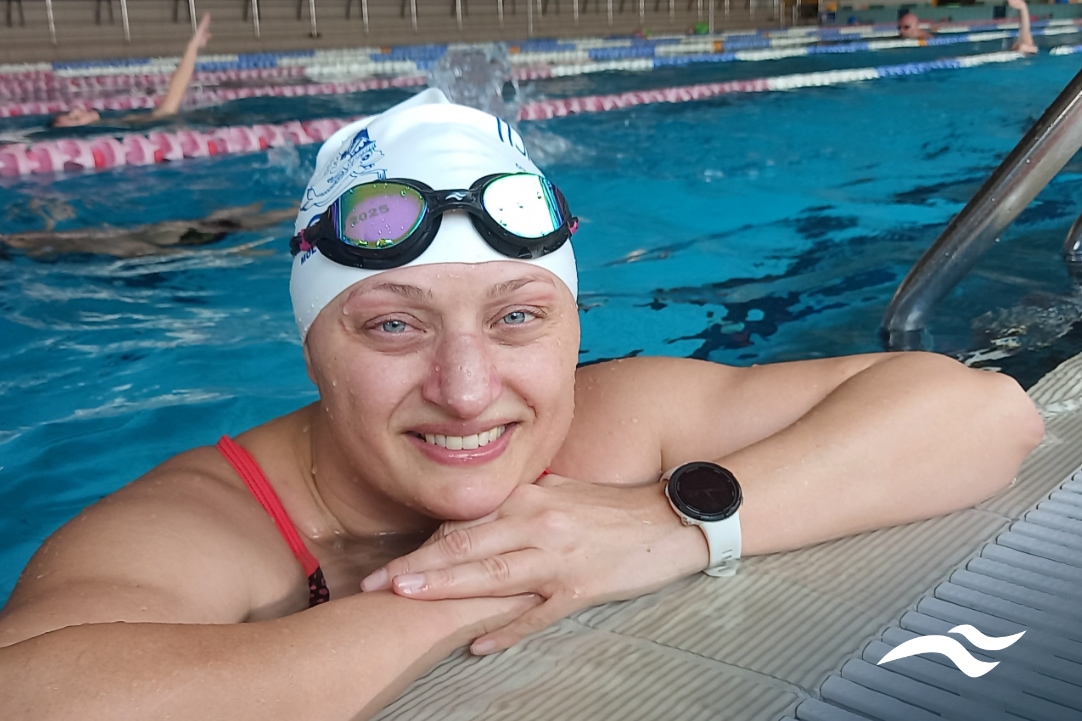
Where did your fascination with swimming come from?
Swimming – and generally spending time by the water, in nature – has always been my favourite form of relaxation and movement. Ever since I was a small child, my parents had trouble getting me out of the water – whether it was a lake, the sea or the bathtub. Thanks to them I learned to swim, and I later refined my technique during my studies.
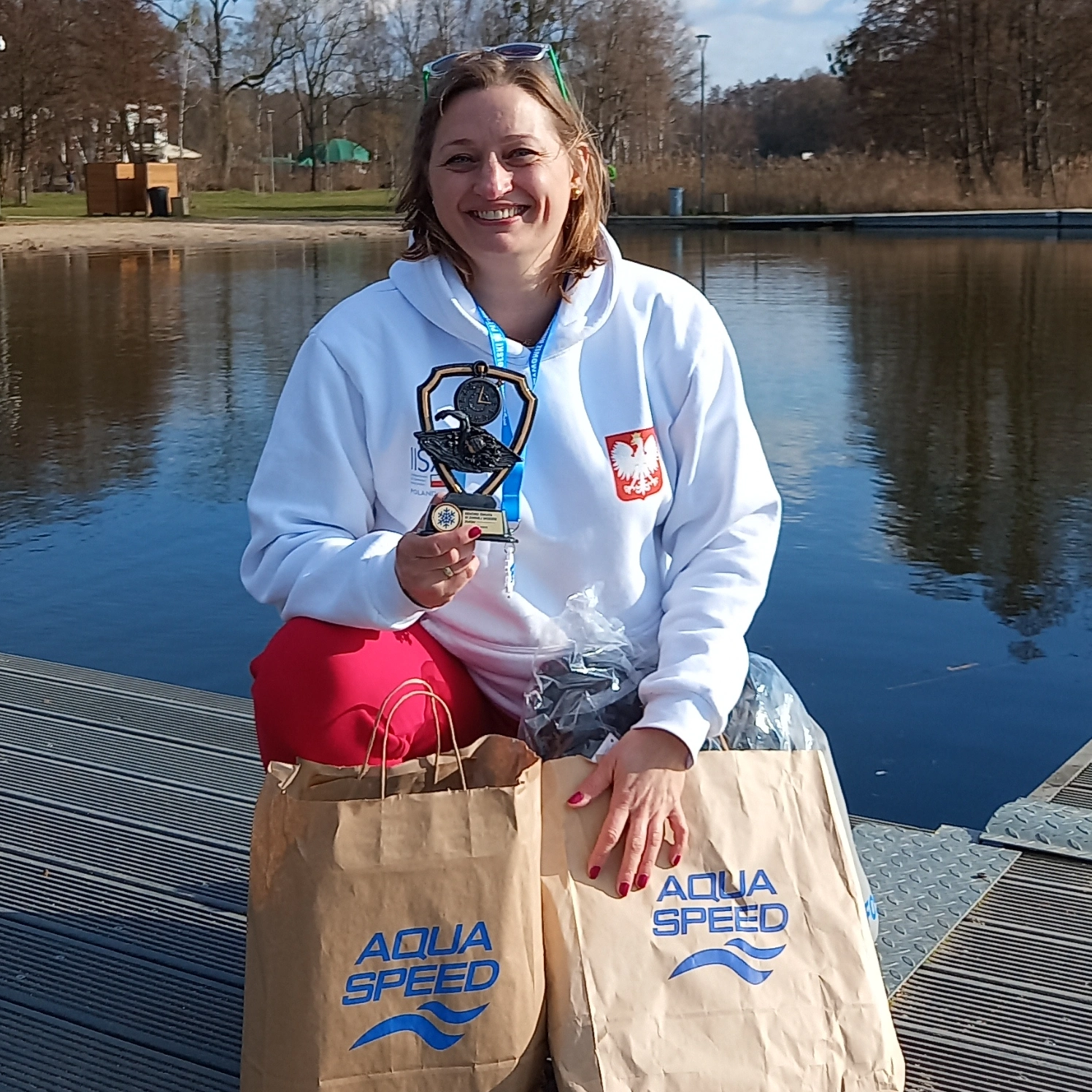
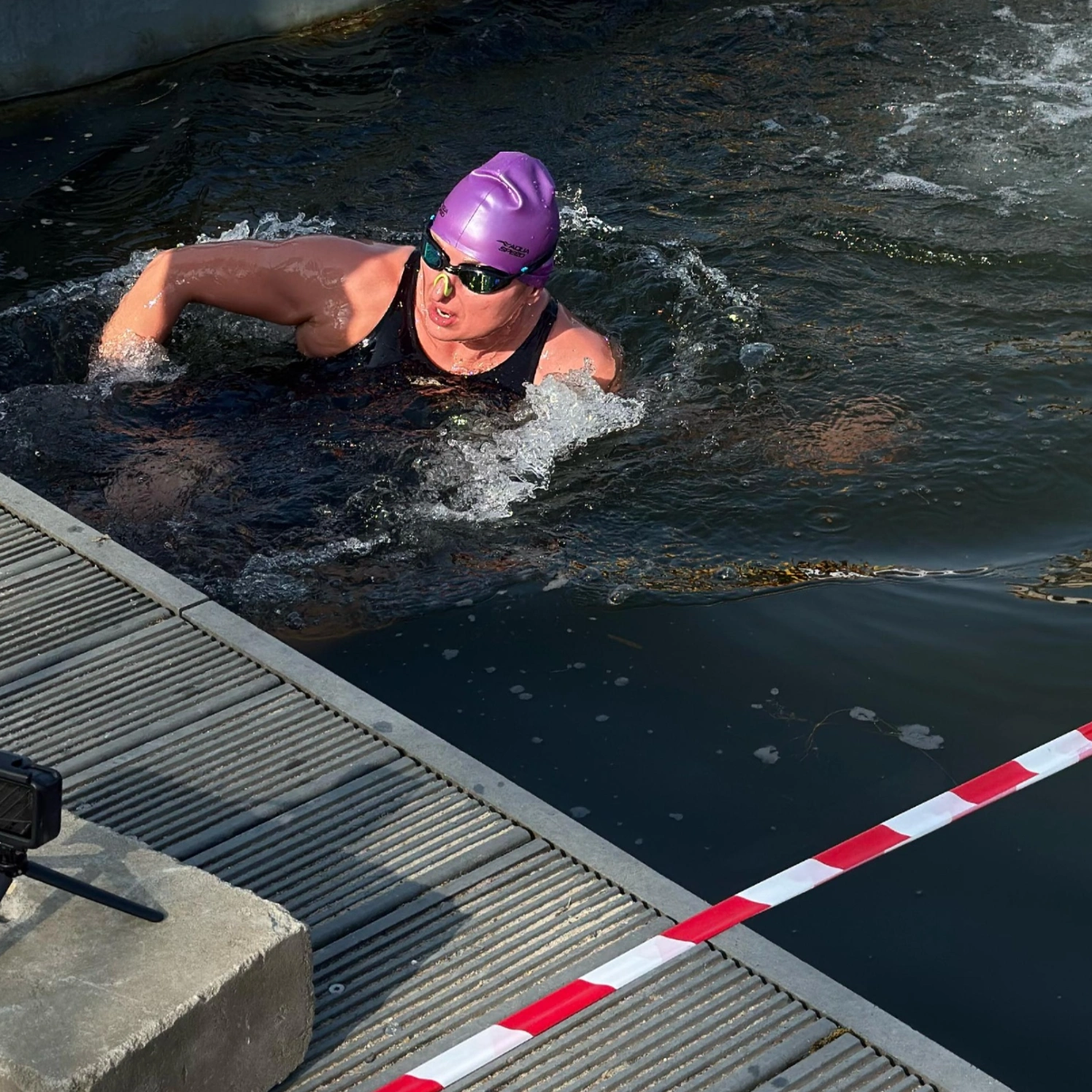
Have you always dreamed/thought about making it into the history books?
I won’t deny it – I’ve always watched the Olympic Games or World Championships in swimming with admiration, secretly dreaming of swimming like the best of them. I’d study their technique and so on, but I was aware that swimming that fast was out of my reach, so I simply “had fun” in the pool, doing longer distances at my own pace.
Do swimming, breaking barriers and taking on swimming challenges help you in your everyday life and work?
I’m a physiotherapist, so overcoming barriers and weaknesses is, in a way, my daily bread. My achievements help me stay firm in the face of patients’ excuses, because I know the human body is incredible and capable of almost anything – you “only” need to believe it. The mind plays a key role in everyday life, in recovery, and in sport.
Swimming for health
What does the phrase “swimming for health” mean to you? What benefits does this form of activity bring for physical and mental health?
Swimming is a brilliant form of movement – it is widely considered the most comprehensive of all. There is no other environment that at the same time offloads the joints, loads the muscles, and additionally calms and massages you. What’s more, by putting pressure on the blood vessels, it makes it easier for blood to return to the heart during exercise. It’s the best cardio-respiratory workout of all – a fast lane to health. You also rarely hear of anyone getting injured while swimming. And besides, we’re made of about 60% water – it’s our second home.
Who would you recommend swimming to – as convalescence, rehabilitation or maybe prevention – and why?
It’s a sport for everyone, at any age, including people with physical or mental disabilities. For a newborn, everything develops – muscles, breathing, but most importantly the brain, which will pay off throughout their whole life. For older people, the biggest issue is coordination, and swimming significantly improves hemispheric synchronisation, and thus thinking, concentration and balance. In water, we can perform movements that we can only dream of on land. We almost enter a state of weightlessness and feel soothed, as if in the womb. Maybe this association brings the greatest benefits in emotional or mental difficulties – it brings a lot of joy. Endorphins explode.
The topic of my master’s thesis was rehabilitation of people after a heart attack in an aquatic environment. A few years ago this was quite a novel approach. You shouldn’t be afraid of water. It’s worth learning to love it – and then it will love you back.
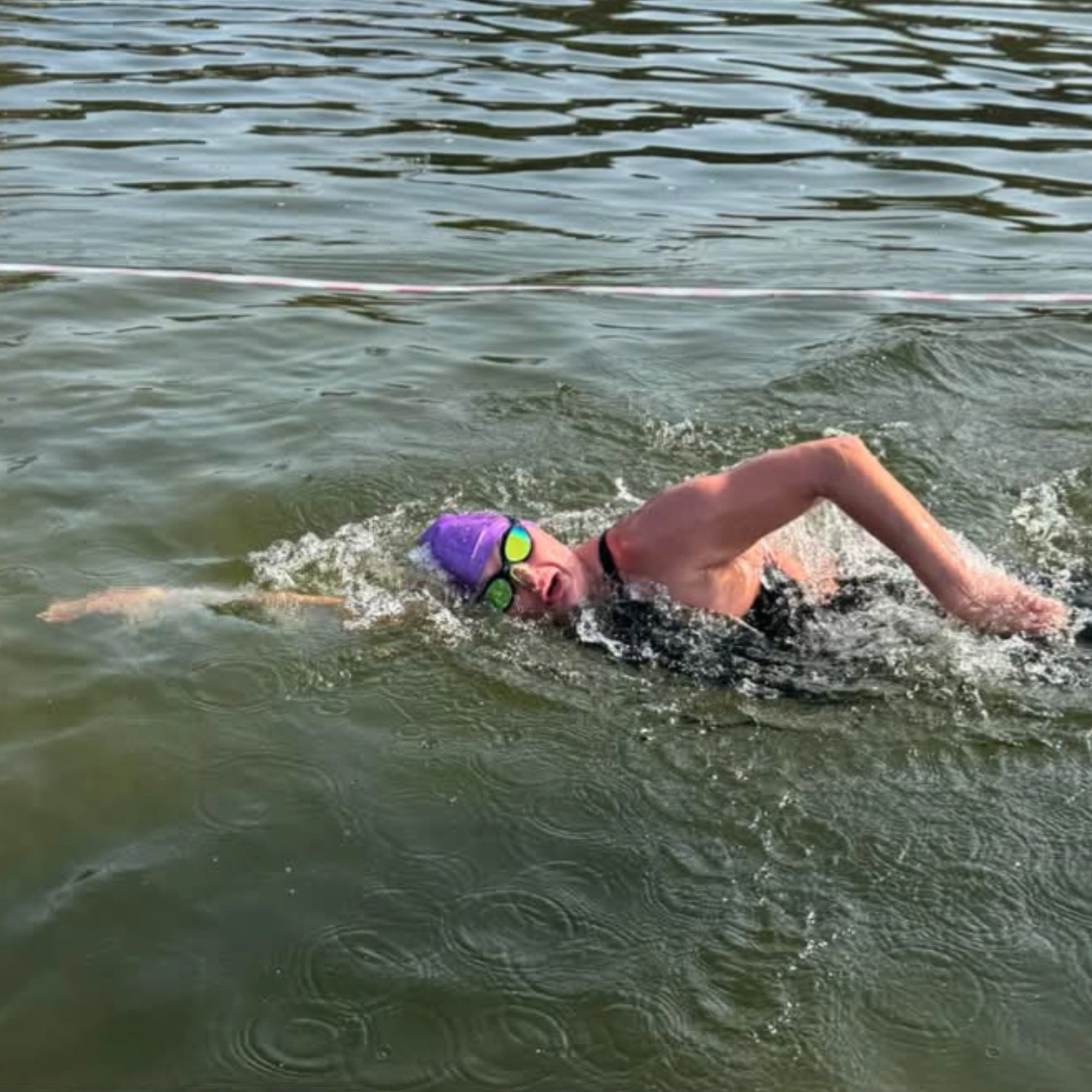
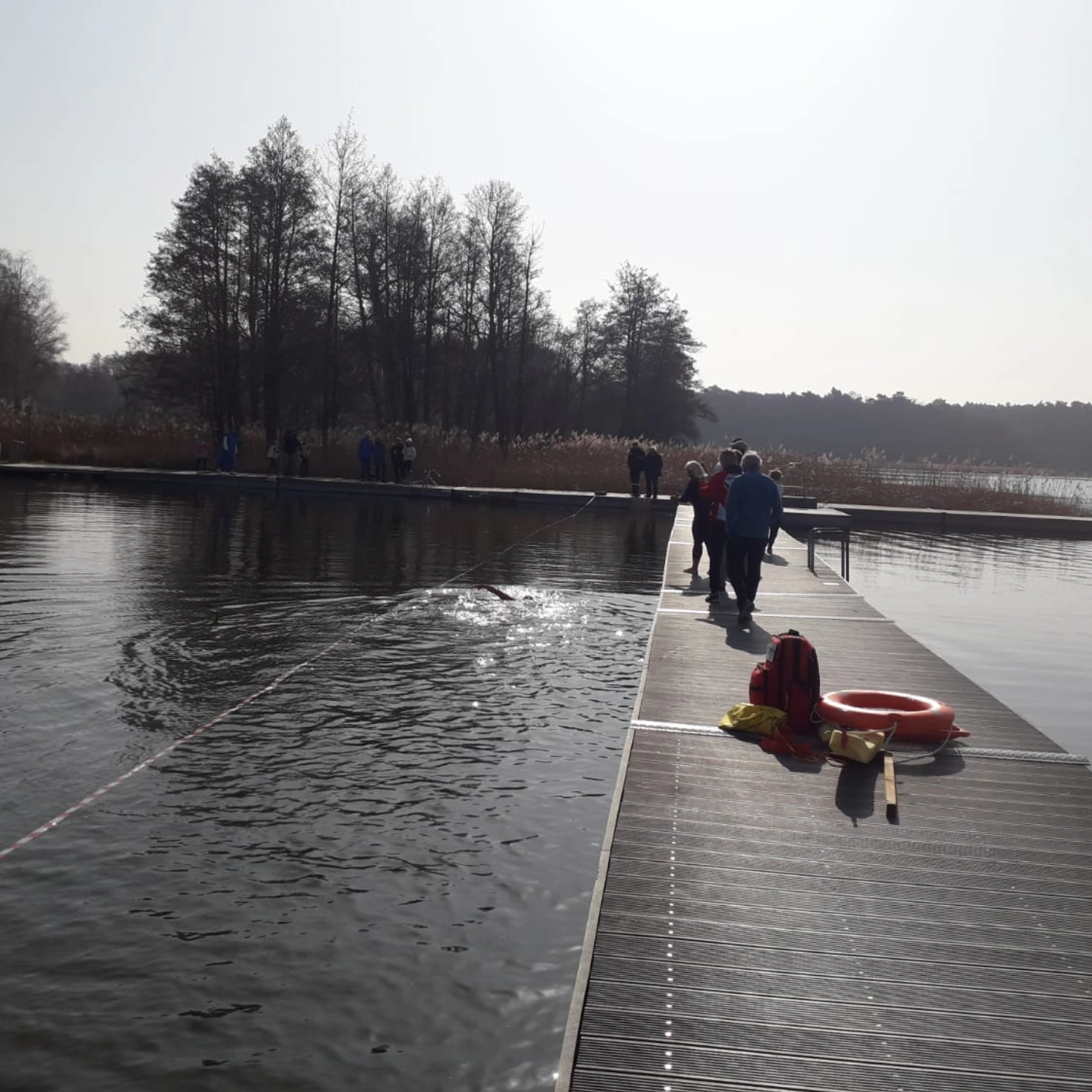
Experiences in winter swimming and open water
Winter swimming, open water swimming, pool swimming… If you had to choose only one of these options for the rest of your life, which one would you pick?
That’s a tough question… Every form of swimming has its pros and cons. I love swimming in open water, but only in company. On my own, far from the shore, I don’t feel comfortable. Cold water is great, but not all year round. I like to swim a bit longer, to “meditate” in the water, and the cold doesn’t allow for that, so I’d have to go with the swimming pool, although the chlorine, stuffy air, lack of sun, freedom and simply nature would really bother me. I’d be looking for a hybrid – a long outdoor pool by the ocean. Hmm, a dream…
How should you prepare – in terms of gear, physically and mentally – to swim comfortably?
As I’ve already mentioned, the mind is key. You need to want to swim for yourself. That gives you the greatest comfort, especially in cold water. Well-fitted goggles and a cap provide extra peace of mind and confidence that nothing will fail you over the distance, which is priceless especially in competitions.
Through trial and error, you’ll find your favourite brands and training methods, drinks, flip-flops, poncho, thermos, socks... It’s also worth asking experienced swimmers for tips, but you still need to test them on yourself and choose the ones that work for you. It’s an ongoing process of self-improvement and fine-tuning your gear.
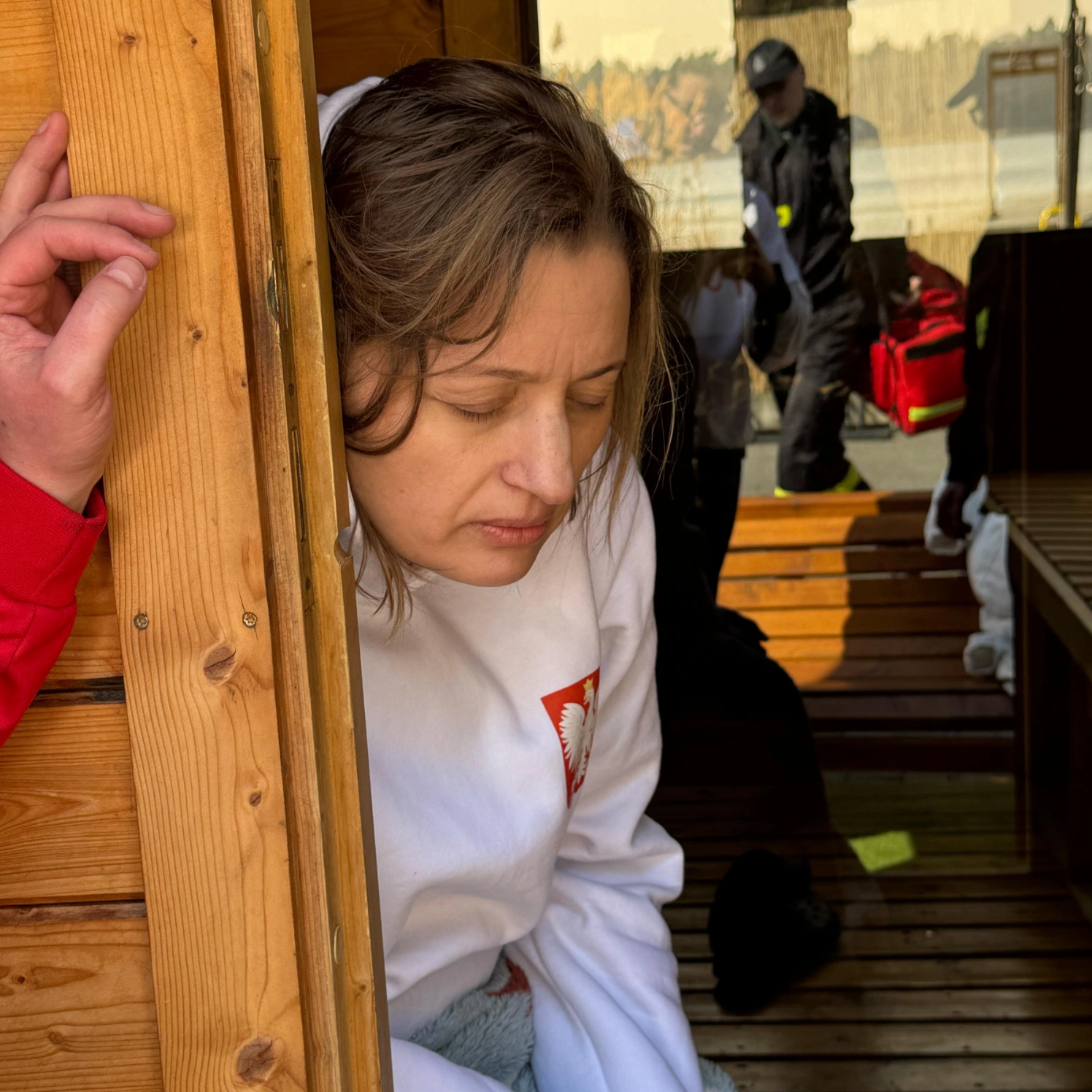
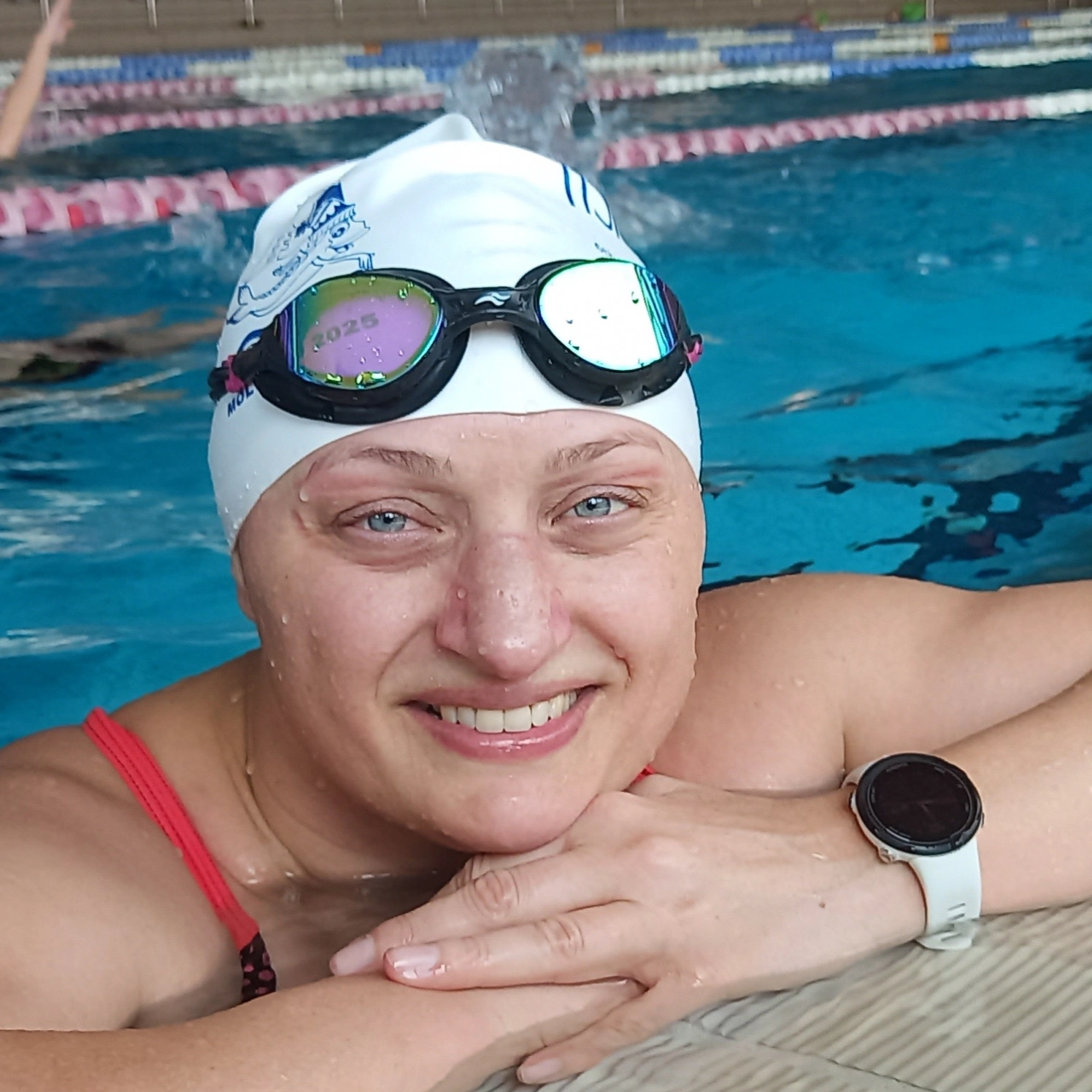
Swimming plans and sports goals of Izabela Babica
What are your plans for your swimming future?
I’ve reached my winter Mount Everest, so for now I’m savouring the moment. What’s next? We’ll see what life brings.
So how far in advance do you need to plan your own Everest to be able to climb it? For example, it’s worth preparing for the open water season all year long in the pool… And for an extreme crossing, an extreme feat?
We prepare to conquer our Everest throughout our entire life, just more or less consciously. All our experiences, training sessions, competitions, the people we meet, the books we read – they all come together like pieces of a puzzle, and only once you have that base can you choose your goal. I didn’t plan this record five years ago when I took part in my first cold-water competition. Back then I swam 100 metres out of curiosity and said I would never do it again, but a few weeks later I entered a longer distance – and that’s how I slowly worked my way up to 1 kilometre.
After three seasons, I had the chance to swim an ice mile – 1,609 m. I swam 2,500 m and survived, so a few months later the thought appeared: “Maybe I should try to break the women’s record – 3,300 m?” That thought stayed at the back of my mind for two years, until an opportunity came up, like a weather window for Himalayan climbers. I grabbed that chance and simply used it. It’s not that I created it – I just noticed it, polished it a bit, grabbed it with both hands and didn’t let go. Everything worked like a Swiss watch and I swam 3,540 m. The entire previous season prepared me for it: weekly 1 km races and the World Championships in Molveno. Obviously, nothing happens by itself. You have to give fate a little help, but I think you shouldn’t put too much pressure on yourself or those around you, because that will only do harm.
The right time will come – just be ready!
Interview by: Maciej Mazerant / Managing Editor of AQUA SPEED Magazine
Photos courtesy of Izabela Babica
Recommended

Quick drying microfiber towel DRY SOFT 10 70x140 - navy blue
12,79 € incl. VAT/1szt.

Kid's microfibre poncho Aqua Speed 70 x 120 cm 01 - blue
15,41 € incl. VAT/1szt.

Aqua Speed Ear cap for adults 09 - purple
7,10 € incl. VAT/1szt.
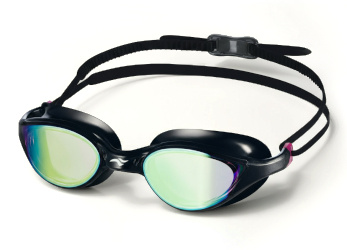
Swimming goggles Aqua Speed Vortex Mirror 79 - black
23,71 € incl. VAT/1szt.

Maxpack multifunctional swim backpack 07 42L - black
59,32 € incl. VAT/1szt.
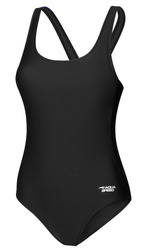
Silhouette swimsuit Aqua Speed tina 05 - black
33,00 € incl. VAT/1szt.

Silicon case for swim goggles Aqua Speed 18 - yellow
7,10 € incl. VAT/1szt.
